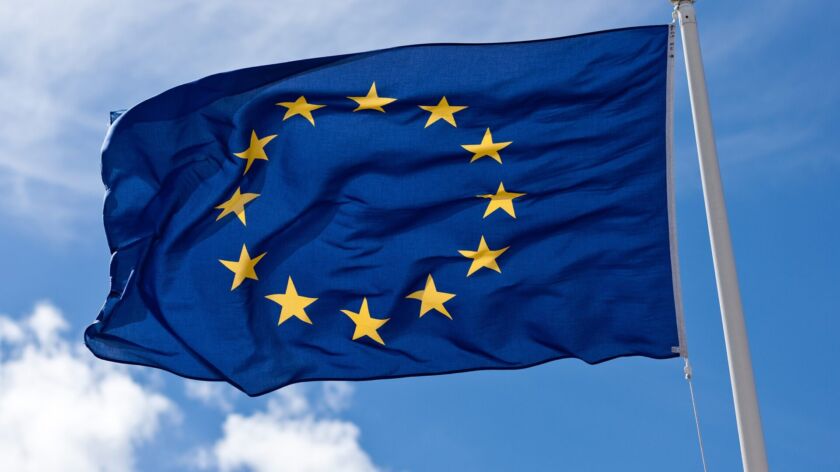-
 Beeld: wiki commons
Beeld: wiki commons
It’s not only individual member states that have their sights set on top US academics; now the European Commission is opening its arms to ‘refugees’ from US universities as well. With a budget of 500 million euros and a cast-iron guarantee of academic freedom, the EU is aiming to attract talent from abroad.
On Monday, Commission President Ursula von der Leyen presented a new initiative at the prestigious Sorbonne University in Paris: ‘Choose Europe for science’. Her speech made no specific mention of the US or the Trump administration, but their presence was palpable.
Europe can offer top scientists a comfortable way of life, with accessible education and first-rate healthcare, Von der Leyen said. But her main aim was to win over US researchers with additional funding and a strong commitment to academic freedom. Academics should be able to carry out their research without government interference.
Academic freedom
The EU is keen to place even more emphasis on academic freedom now that the Trump administration is moving to tear down safeguards in the US. The EU intends to enshrine freedom of research in a new law, Von der Leyen announced. Details of this plan have yet to emerge.
The EU president has also set aside extra funding to make the EU a “magnet” for researchers. Until 2027, the Commission is making 500 million euros available for scientific research. Officially, this sum is intended for scientists from inside and outside the EU, but here too, the ambition to attract talent from the US can be read between the lines.
Super grant
The European Research Council, ERC, plans to use this financial injection to establish a ‘super grant’. It will offer higher levels of funding than other ERC grants, though the exact levels have yet to be set. However, it will have the scope to fund seven years of research. Academics from all disciplines and nationalities will be able to apply for a super grant in the near future, the ERC promises, even before they make the move to Europe.
According to a recent article in scientific journal Nature, many US scientists are open to such a move. In late March, even before Trump began blocking federal funding to Harvard University, three-quarters of the US academics surveyed said they were considering relocating to Canada or Europe.
Safe space
Among the countries of Europe, France was particularly quick to pick up on these sentiments. In early March, the University of Marseille created a ‘safe space’ for US scientists. At Monday’s presentation, President Macron went a step further, announcing plans to invest 100 million euros in high-tech research, in the hope of attracting foreign talent. “If you love freedom, you should come to Europe and do research here”, was his message.
The incentives being offered by the Netherlands are considerably lower. Education minister Eppo Bruins has pledged 25 million euros, spread over several years. The Dutch Research Council has yet to secure the additional funding to cover that amount.



